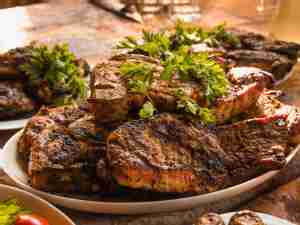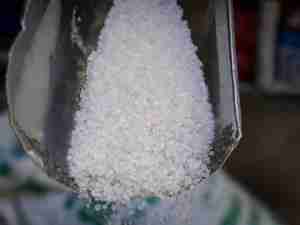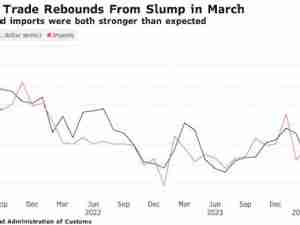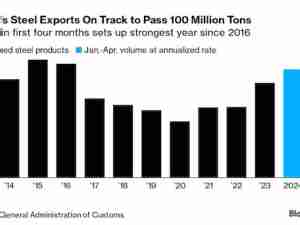Russia hopes to finally join the 153-member trade body next year, after securing formal backing from the European Union this month and resolving some key issues with the United States.
But Medvedkov said potential stumbling blocks remained.
"The access to the meat market remains an issue ... (and) the size of support for the agriculture sector," he said on the sidelines of a round-table on WTO membership.
Russia, the biggest export market for U.S. chicken meat, regulates imports with a quota system to stimulate domestic production. It hopes to become self-sufficient in pork and poultry meat in the next 2-3 years.
Medvedkov said the meat issue had not been discussed between Russian President Dmitry Medvedev and U.S. counterpart Barack Obama when they reached a broad rapprochement on Moscow's bid.
As well as the United States, the meat issue concerns other countries, such as Brazil and Argentina, he added.
Russia currently offers strong state support for the agriculture sector -- all the more so after farmers were hit this summer by the worst drought in over a century.
Prime Minister Vladimir Putin last week pledged 120 billion roubles ($3.90 billion) in state support for the sector in 2011.
Medvedkov declined to comment on the chances of Russia joining the WTO next year.
"Next spring, we hope to complete all the technical discussions," he said. But he added, without giving details, that more issues might arise once the technical agreements were in place.
Analysts say that WTO membership should boost Russia's image and encourage foreign investors, but that it will take years for the economy to match global competitiveness.
Medvedkov said studies showed no jobs should be lost as a direct consequence of WTO membership. But some representatives of business and politics at the round-table were not convinced.
"I, like any producer in our country, who provides jobs and pays taxes, I need one simple word -- 'protectionism'," said Vladimir Toporkov, chief executive of Russian Holding Company. (Reuters)









